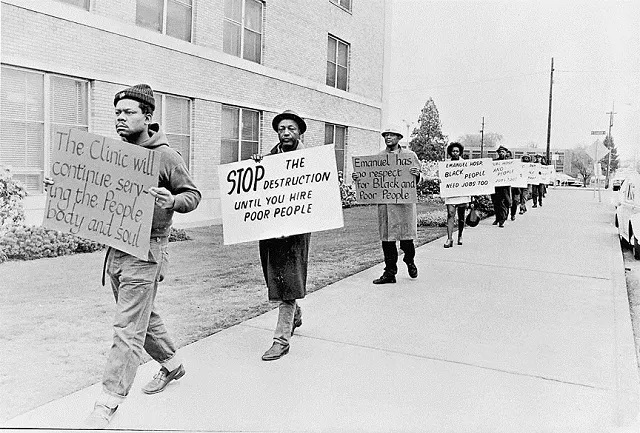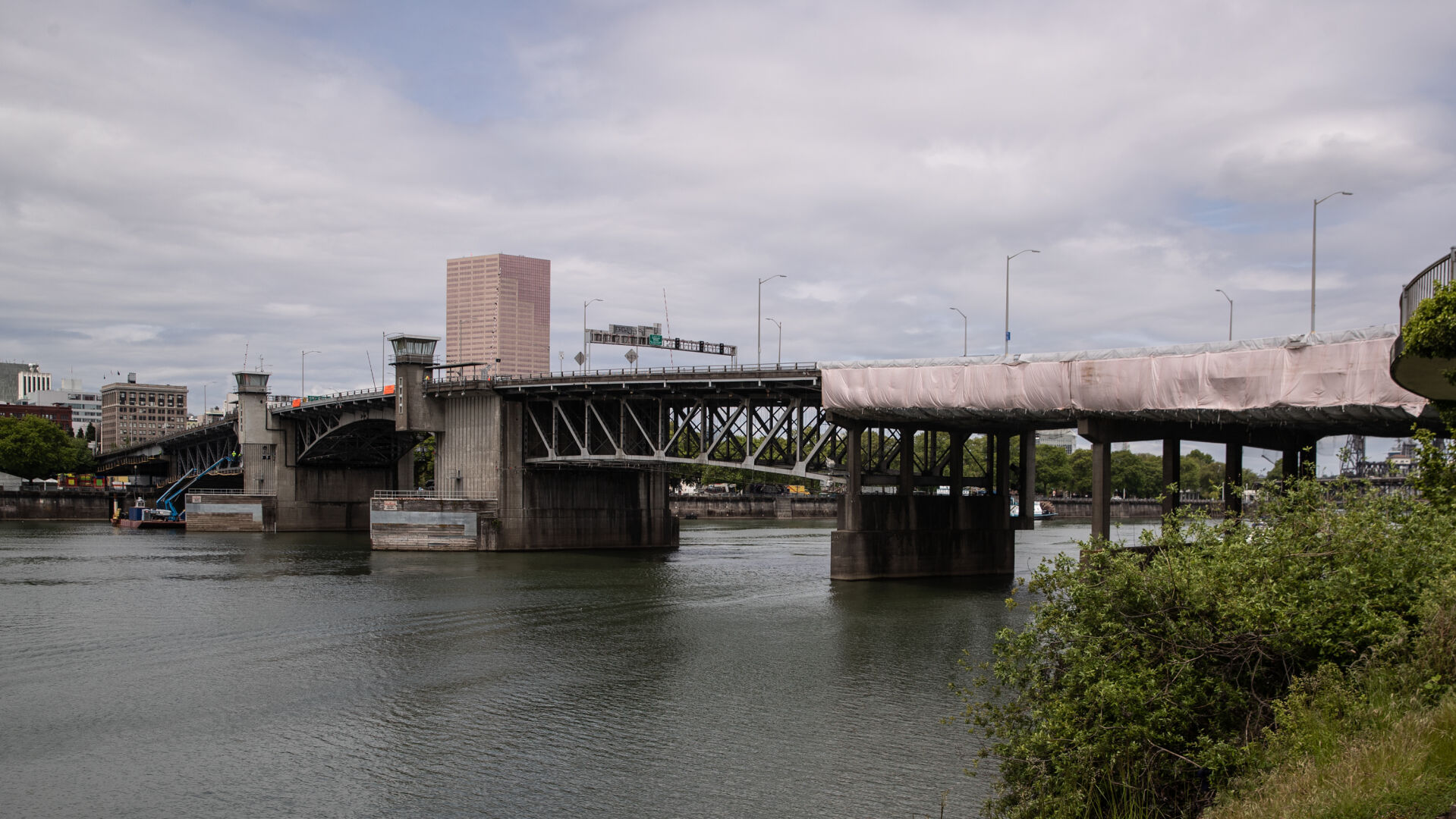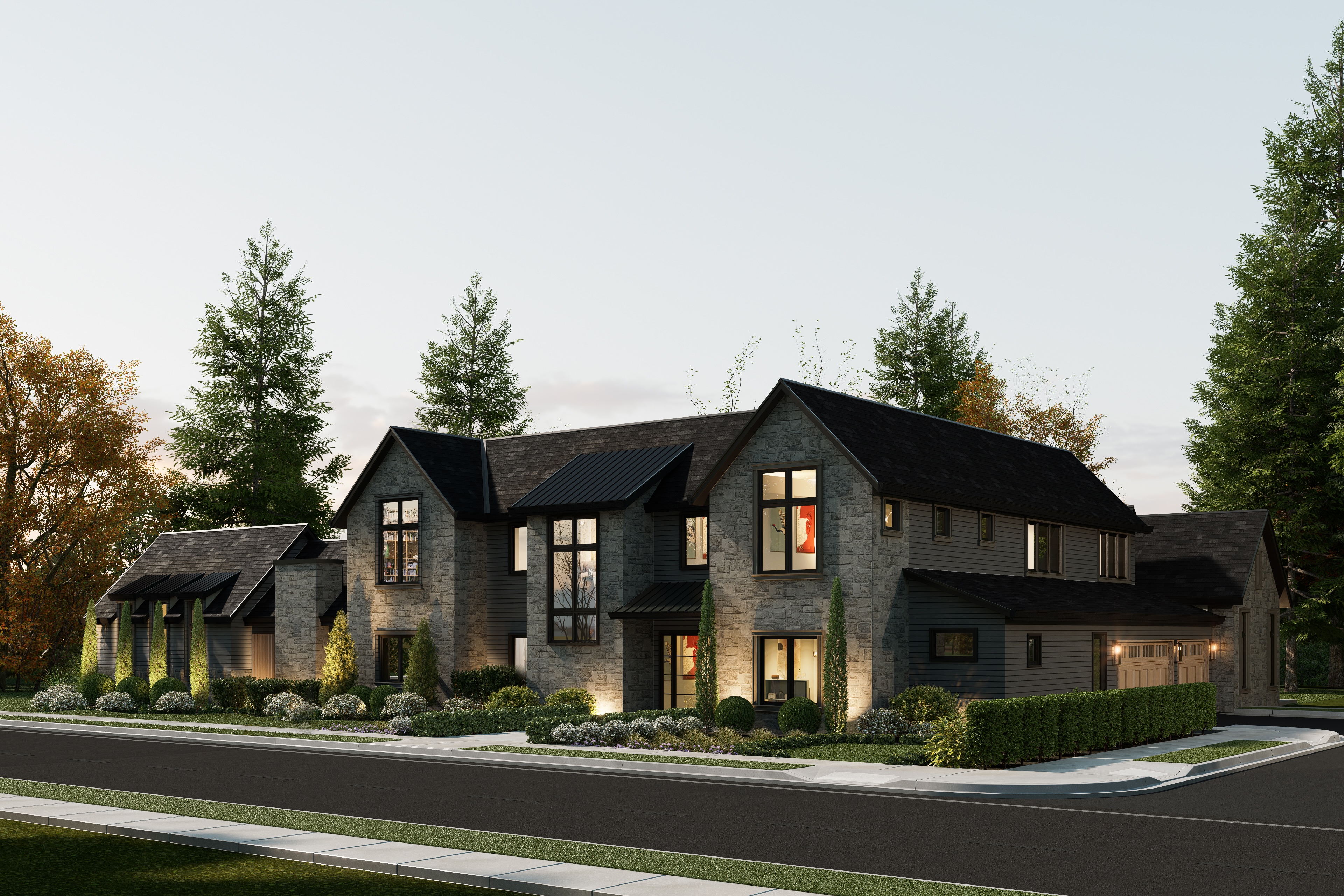City Council increases settlement to Black Portlanders displaced from Albina District
Published 7:39 pm Thursday, June 5, 2025

- Albina residents protesting when Emanuel Hospital was built. Albina residents protesting when Emanuel Hospital was built (Courtesy photo submitted by KOIN 6 News)
In a historic move, the City Council unanimously voted to increase the settlement for a group of Black homeowners and descendants of the Albina neighborhood in North and Northeast Portland, raising the compensation amount from $2 million to $8.5 million on Thursday, June 5.
The settlement is intended to compensate individuals displaced by city-approved urban renewal projects dating back to the 1960s. It followed the filing of a December 2022 lawsuit by Emanuel Displaced Persons Association 2, representing 26 plaintiffs who lived in the Albina district or descend from relatives who did, which accused the city of destroying Black people’s homes in the name of “urban renewal” in the mid-20th century.
The increase was proposed by Councilor Loretta Smith following an unprecedented mid-session executive meeting. Councilor Candace Avalos seconded the motion, and the council approved the agreement with full support.
Trending
“We have a new council today. We have new ears. We have new eyes. And our response must be deliberate, comprehensive, and rooted in fairness and justice,” Smith said during the meeting. “I urge each of us to consider, ‘How can justice be adequately and appropriately quantified, and what measures can we implement to prevent future displacements?’ So, our collective responsibility is clear: to advance efforts toward community recovery and healing and to pursue restorative justice that lays the groundwork for a more equitable Portland for everyone.”
Residents were displaced by several projects, including the construction of Interstate 5 and Veterans Memorial Coliseum in the 1950s and 1960s. The following decade, about 188 properties were demolished to make way for the new Legacy Emanuel Hospital. Black people accounting for about 74% of residents. The displaced buildings also included 32 businesses and four churches or community organizations.
“Portland’s systemic discrimination and displacement harmed Black communities, by excluding them from homeownership and wealth-building opportunities; by denying them access to educational resources, jobs and healthy neighborhoods; and by perpetuating segregation, displacement, and harmful stereotypes through the zoning code, deeds and covenants, lending practices, public housing and urban renewal,” the settlement agreement reads.
According to the Portland Budget Office, the city is self-insured for liabilities of this nature, and the cost will be allocated across all bureaus.
The city is also offering to Emanuel Displaced Persons Association 2 a “static display” in the Keller Auditorium if it is renovated. It and the Keller Fountain out front are named after Ira Keller, the first chair of the Portland Development Commission, now called Prosper Portland, that oversaw the urban renewal projects that displaced the residents.
In addition, the settlement directs the music venue to give a “10-year hiring preference” to descendants of the Albina district and establish an annual “Descendants’ Day,” among other terms.
Trending
The area is represented by District 2. Council President Elana Pirtle-Guiney released the following statement after the vote:
“As a Councilor from District 2 I feel a unique sense of duty to make sure that we own our history.
“And our history has left a hole in our district. It is a physical hole — a place that is not homes, is not business, is not parks. But it is so much more than a physical hole. It is a gaping hole in a community. It is a shadow, a whisper, of what was once family homes, neighborhood businesses, a network of community who got to live in proximity to family and friends and build something together. And that was taken. It was not taken by accident.
It happened through public policy — urban renewal, eminent domain, rezoning — decisions made by government, including by our predecessors on this City Council, that displaced Black Portlanders and disrupted generational progress. And as we heard today, many of the developments they were displaced for never came.
“I want to acknowledge the families who have carried this fight — through pain, through process, and through years of negotiation — and I want to be clear that this settlement is not justice. It’s not full restoration. It can’t be.
“When our attorneys bring us a settlement, I typically trust their careful balancing of our legal responsibilities and the limitations of what’s possible. But this case calls us to go further — not just legally, but morally. I want to thank Councilor Smith for putting forward a proposal that helps us do more for these plaintiffs today. And I want to affirm my commitment to doing more with — not just for — the Black community in our district and across the city. Today is a step forward. But if we’re serious about rebuilding trust in this city, we can’t stop here. We must continue to act — with transparency, with accountability, and with urgency — to repair the harm and co-create a stronger, more just future.”
KOIN 6 News is a news partner of the Portland Tribune and contributed to this story. Their full story can be found at koin.com.







